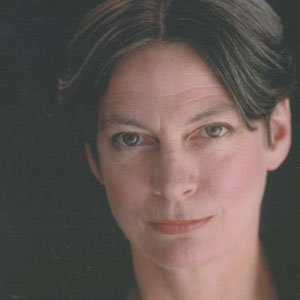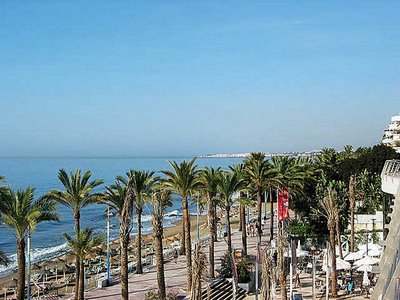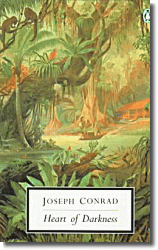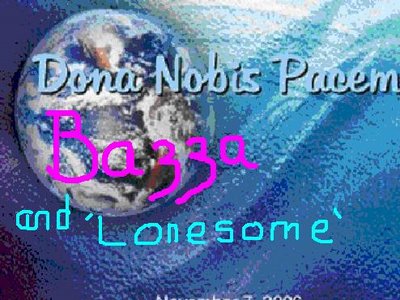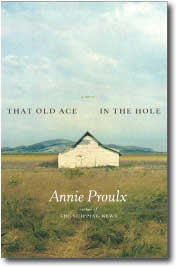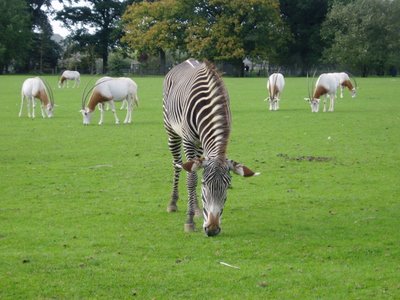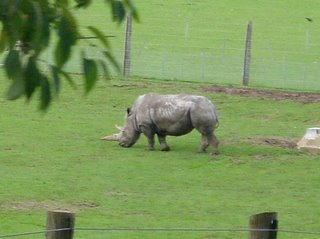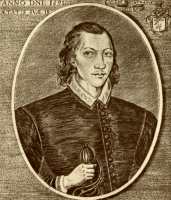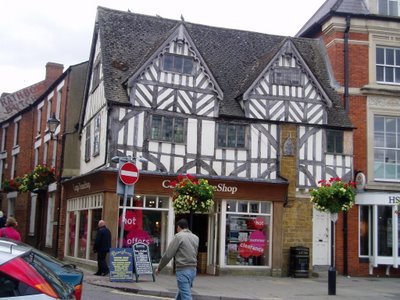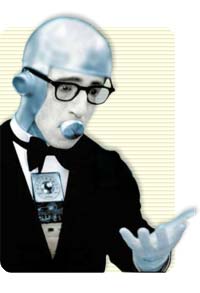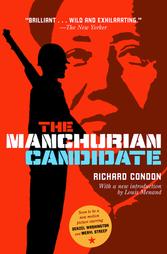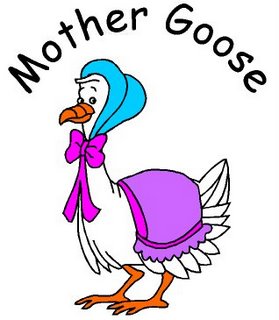I adore the films of Woody allen He has been making about one movie per year for the last forty years and his output is probably better received in Europe than in the USA. Some are better than others it’s true but very many of his fims are classics. My personal choices would be Manhattan, Annie Hall, The Purple Rose of Cairo, Small Time Crooks & Bullets Over Broadway.
I love the sequence in Bullets Over Broadway where a gangster is keeping an eye on his boss's talentless moll (who has been shoe-horned into a part in a play) and while he sits in the stalls at rehearsals he gets interested in the play and begins to suggest improvements and eventually takes over the direction to the dismay of the author John Cusack. Another great sequence is in Small Time Crooks; a gang takes over a bakery shop next to a bank. They plan to dig a tunnel over a long period and rob the bank. The robbery fails but the bakery is an enormous success and they become millionaires! Great stuff!
There are several strong distinguishing features and recurring themes in Woody's films. Some are obvious and well-known such as his often repeated portrayal of a nerdy nervous New Yorker who always seems to attract beautiful women and the way he often portrays himself, or his leading man, as a writer or film director. The credits to his films are always white on a black background and non-rolling and he favours the technique of using long and medium shots to film a conversation instead of the more usual chop and edit style cutting from one speaker to another.
The films often have minor characters caught up in a sub-plot where a couple have a very dysfunctional love-life and his technique of turning to the camera and addressing the audience directly was best shown in this sequence from Annie Hall:
MAN: It's the influence of television. Now, now Marshall McLuhan deals with it in terms of it being a, a high-- high intensity, you understand? A hot medium--
WOODY ALLEN: What I wouldn't give for a large sock with horse manure in it.
MAN: -- as opposed to the truth which he [sees as the] media or--
WOODY ALLEN: What can you do when you get stuck on a movie line with a guy like this behind you?
MAN: Now, Marshall McLuhan--
WOODY ALLEN: You don't know anything about Marshall McLuhan's work--
MAN: Really? Really? I happen to teach a class at Columbia called TV, Media and Culture, so I think that my insights into Mr. McLuhan, well, have a great deal of validity.
WOODY ALLEN: Oh, do you?
MAN: Yeah.
WOODY ALLEN: Oh, that's funny, because I happen to have Mr. McLuhan right here. Come over here for a second?
MAN: Oh--
WOODY ALLEN: Tell him.
MARSHALL McLUHAN: -- I heard, I heard what you were saying. You, you know nothing of my work. How you ever got to teach a course in anything is totally amazing.
WOODY ALLEN (To camera):Boy, if life were only like this.
I cannot count the number of times that I would have liked to have my own 'McLuhan' to produce whenever neccessary and I always recall that scene.
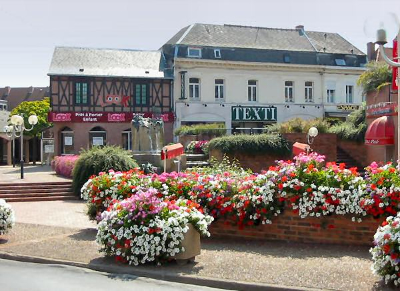 I just spent a very pleasant, sunny weekend in northern France. A friend bought a small house in Bruay near Bethune, about one hour from Calais and a few friends and I took the ferry across the English channel and arrived there late morning just in time to help get lunch ready. Because it is not in one of the usual tourist areas very few of the locals speak English so one is obliged to try a little French. This led to incomprehension on all sides but also to lots of hu
I just spent a very pleasant, sunny weekend in northern France. A friend bought a small house in Bruay near Bethune, about one hour from Calais and a few friends and I took the ferry across the English channel and arrived there late morning just in time to help get lunch ready. Because it is not in one of the usual tourist areas very few of the locals speak English so one is obliged to try a little French. This led to incomprehension on all sides but also to lots of hu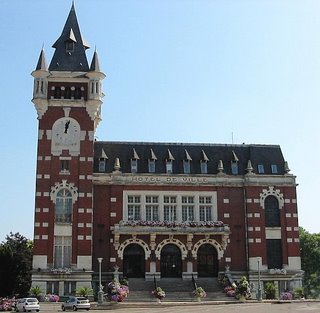 mour.
mour.



